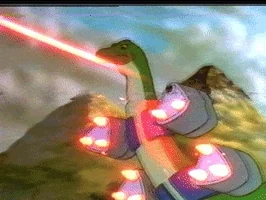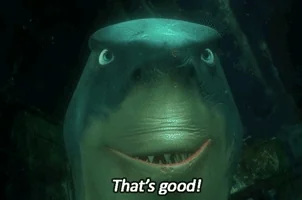"Tearing Down the Wall: Literature and Science"
By Warren B. Westcott and J. Everett Spell
This article looks at how science and english are interrelated subjects and how they can
teach units together. The article examines how different books can be viewed
scientifically and thus giving us (science teachers) a head start and a direction in
which to follow if we were to study these books across multiple subjects. Westcott and
Spell make an excellent point that one does not need to read a book strictly about
physics in order to accommodate this integration of literacy into science. No! We as
teachers can integrate books like 20,000 Leagues Under the Sea and Jurassic Park.
In these books we can draw from their scientific thoughts be where are also enveloped
into a story of people's lives and their personal stories.
teach units together. The article examines how different books can be viewed
scientifically and thus giving us (science teachers) a head start and a direction in
which to follow if we were to study these books across multiple subjects. Westcott and
Spell make an excellent point that one does not need to read a book strictly about
physics in order to accommodate this integration of literacy into science. No! We as
teachers can integrate books like 20,000 Leagues Under the Sea and Jurassic Park.
In these books we can draw from their scientific thoughts be where are also enveloped
into a story of people's lives and their personal stories.
This current literacy class helps me see this connections and make it seem feasible to
integrate science and math and literacy practices. I think especially when it comes to
word problems and vocabulary practice, these literacy practices can really help
students learn content.
integrate science and math and literacy practices. I think especially when it comes to
word problems and vocabulary practice, these literacy practices can really help
students learn content.
There is still a strong focus on english as the main subject. Often a lot of texts for math
and science are written for the upper level scholars in the subject so content wise, a
teacher of these subjects has to pick a book that only eludes to various math or science
concepts instead of exclusively mentioning them. I love the books about the knight Sir
Cumference and how the math concepts are literally what he is and what he does. I
think if more books came out like those they would make cross curricular reading and
literacy strategies even easier to incorporate.
This article is important because it provides some easy examples of strategies and
books to use when discussing cross curricular content with other teachers. There are
hands on examples in the article which are easy to apply and see the connections
between them. Also, this article shows that sometimes the science connections are a
little far reaching. Some of the scientific concepts are not always staring you right in
the face.
books to use when discussing cross curricular content with other teachers. There are
hands on examples in the article which are easy to apply and see the connections
between them. Also, this article shows that sometimes the science connections are a
little far reaching. Some of the scientific concepts are not always staring you right in
the face.
Word count: 342



No comments:
Post a Comment